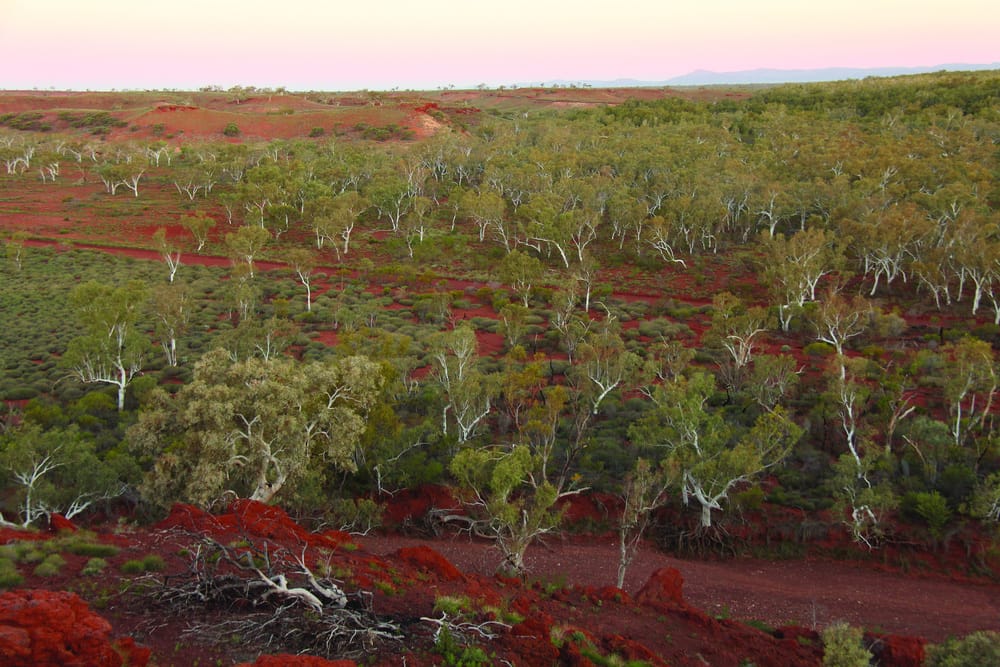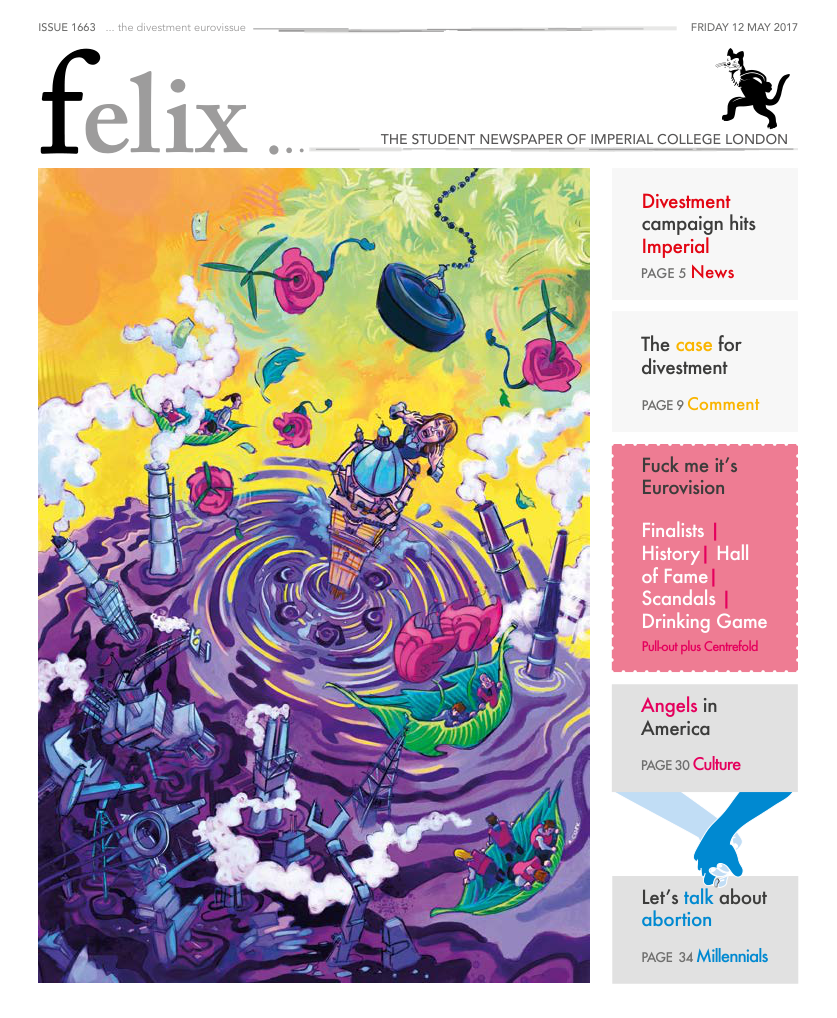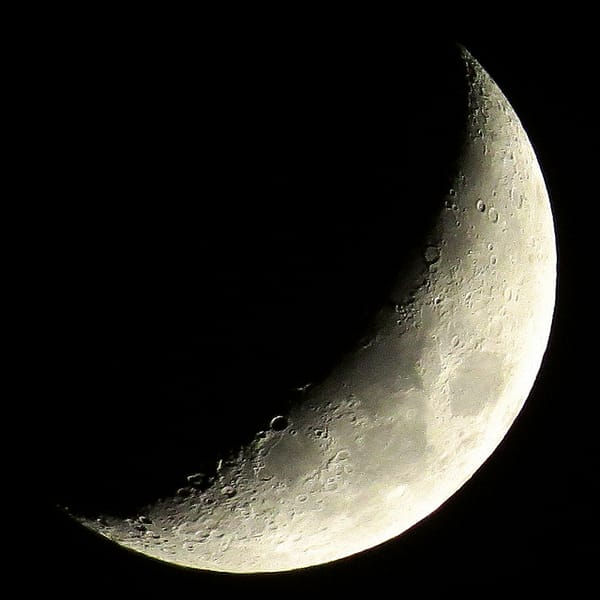Forests have been hiding in plain sight
Andrada Balmez explains how we’ve only just discovered 467 million hectares of forest

Scientists have been missing the forest for the trees; literally, it turns out. A team of international scientists have found that dryland forest cover could be 40% to 47% higher than previously estimated. This corresponds to 467 million hectares (Mha) of forest that have never been reported before (and this is approximately 250 times the size of Wales or seven times the surface of France). The report increases the current estimates of global forest by at least 9%, the team reported.
Dryland biomes cover 40% of the Earth’s surface and from the Mediterranean Sea to central India, from South America to the Russian Federation, they contain some of the most threatened ecosystems, including seven out of the 25 biodiversity hotspots.
Previous estimates of dryland forests have been incongruous due to inconsistency in methods and reliance on national cover statistics. For example different studies would use satellite images varying in resolution, different mapping approaches and even different definition of what constitutes a forest, now defined as “land spanning an area of more than 0.5ha with a tree cover over 10% that is not predominantly used for agriculture or urban land use, as well as land on which tree cover is temporarily under 10%, but is expected to recover”. Moreover, the study also considered non-tropical dry forests which hadn’t been mapped using satellite imagery before. This latest estimate used global satellite data from Google Earth, with high spatial resolution imagery. Even so, distinguishing trees from shrubs, disentangling reflectance and shadows proved to be difficult sometimes, the researchers warn.
This estimation also solves a field conundrum: the dissonance between land use and land cover. Land use is employed to describe areas that are used by man (urban, agricultural, industrial) whereas land cover describes natural ecosystems. In the past, estimates of land use and land cover didn’t quite add up to our global land surface. But this work has managed to bridge the disparity.
In the future we could get a much clearer idea of how much carbon is stored in forests. At the moment our estimates are not as accurate as they could be due to the discrepancies in the forest coverage, but if we want to construct better models in order to know what we should expect from climate change, we ought to improve those estimates. Currently, the rate of deforestation predicts that rainforests might disappear in the next 100 years, possibly replaced by dryland forests as the dryland biomes will extend.








